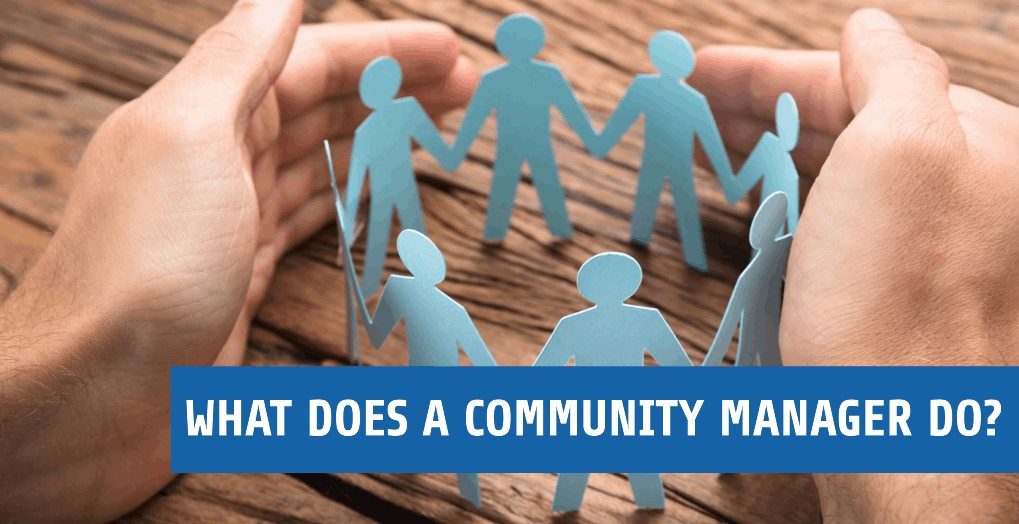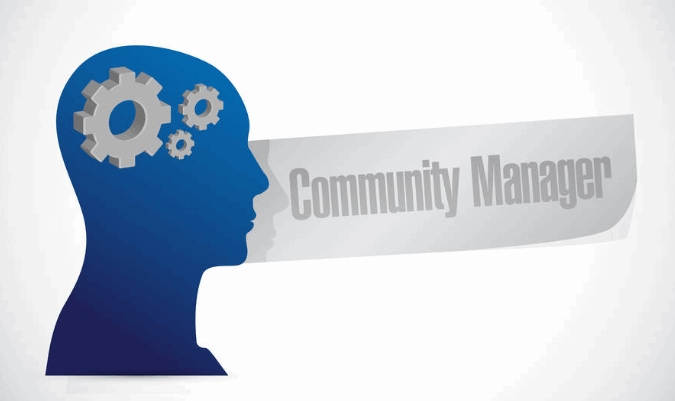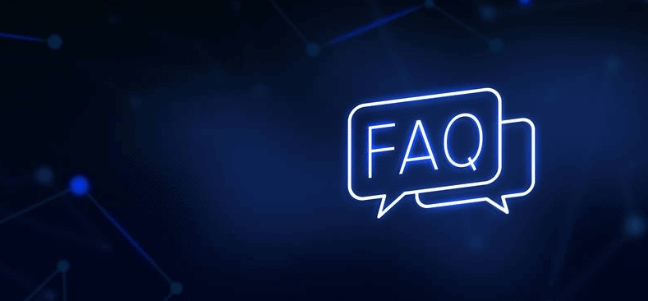Brands need to build their reputation as original, credible, and relatable. Social media is revolutionizing the way brands and individuals connect. Today, every brand can have a well-knit online community of customers as well as prospects.
But, creating a community is one thing; managing it effectively for building and maintaining a positive reputation is another. This is where a community manager comes in. According to data, a community manager can improve the performance of a branded community by 12%. In this article, we’ll talk about the role of a community manager in customer-brand relationships. Let’s dive in.
What is a Community Manager?
A community manager acts as a bridge between a brand and its audience. They help businesses build their presence through content creation, engagement, and customer support. The role involves building trust around a brand, which leads to improved performance. The hard and soft skills needed to be a community manager include:
- Communication
- Ability to develop content strategies
- Public relations
- Event management
What Does a Community Manager Do?
Build and Maintain a Community
A community manager is responsible for building and maintaining a community for a brand. They’re responsible for shaping the public perception of the brand they work with. The role entails interacting with a brand’s audience on all important platforms. Plus, since every platform is different in terms of culture, rules, and active audience, community managers need to ensure a consistent tone and voice throughout.
Manage Public Relations
Building and maintaining relationships is another key aspect of a community manager’s job. The ability to handle a PR mistake or blunder separates an average community manager from a great one. To effectively manage PR, a community manager has to establish a communication channel with the legal, PR, and other relevant teams within the organization.
Create Strategies
Successful community managers consistently come up with new ideas and aren’t afraid to experiment with them. Their focus is more on the long-term goal than short-term gains.
You May Also Like: How to Be a Social Media Content Creator
Track Results
In addition to acting as a liaison between the consumers and the brand, community managers also track engagement across all platforms. Since they’re on the front end engaging with the community, community managers can help the back-end teams make more informed decisions. When you track consumer-brand engagement, you get to understand what strategies work and what don’t. This lets you focus on community-building tactics that can actually move the needle for the brand.
Delight the Community
The role of a community manager can be tough. It involves identifying problems, finding solutions, and addressing negative feedback. Some days can demand a lot of patience and resilience from you. In addition to that, you’re responsible for making sure everyone within the community is happy and has a positive impression of your brand.
Community Manager Vs Social Media Manager
Social media managers and community managers both work to achieve the social media marketing goals of a brand. However, the tasks they’re responsible for taking care of are different. Community managers mediate the relationship between a brand and its audience. They answer questions, review comments, and solve issues to maintain a harmonious community.
Social media managers, on the other hand, have a broader role of creating and executing social media marketing plans. They create, curate, and analyze content and advertisements to help brands move in the right direction.
Important Skills for Community Managers
Communication
As a community manager, you’ll have a lot of interaction with the audience. Being good at expressing yourself and your brand is crucial. Beyond communicating with the community, you also have to stay in touch with your internal team and keep them in the loop about everything happening in the community.
You May Also Like: How to Become a Freelance Social Media Manager
Problem-Solving
As a community manager, you may have to resolve conflicts. Not all community members will be happy all the time. You’ll have to address their concerns or any requests on time. This is where your problem-solving skills will come in handy.
Moderation
A social media post, page, or group can attract a lot of spammers if you don’t moderate it effectively. This is why brands hire moderators to make sure every comment is relevant and non-spammy. The job of a community manager is to enforce the guidelines and policies of the page or group.
Analytical Skills
The best way to know if you’re moving in the right direction or not is by putting your strategies under the microscope. This means looking at the results your efforts have generated and coming up with a plan accordingly. Having analytical skills helps community managers shape their strategies for maximum output. Here are the metrics you should track to gauge your performance as a community manager:
- Engagement rate
- Response time
- Conversions
- Community size growth
- Overall audience satisfaction
What Does a Community Manager Do: FAQs
Let’s talk about some frequently asked questions about community management.
What Skills Do You Need to Be a Community Manager?
Effective community management requires a set of soft and hard skills. You need to be good at communication, problem-solving, strategy-making, analytics, and moderation.
Is a Community Manager a Good Job?
A community management job can be a great one if you enjoy interacting with people online. It’s also growing in demand as brands realize the importance of community building and social media growth.
What is the Function of Community Management?
Community management involves maintaining a harmonious community for a brand’s customers. It also includes creating an effective communication channel within the organization.
Related: How to Prepare for a Social Media Interview
Conclusion
A community manager has a range of responsibilities. They create and maintain a harmonious community for effective brand-customer interactions. In addition, they manage public relations and make sure no PR mistake leads to irreparable damage to the company’s image or reputation. Creating strategies for community growth and improving communications within the community is another important aspect of the role. Not only that but community managers also need to make sure their efforts are producing positive results by tracking different metrics like the engagement rate, community growth, and more. Important skills a community manager needs to polish for best results are:
- Effective communication
- Moderation
- Problem-solving
- Analytics


